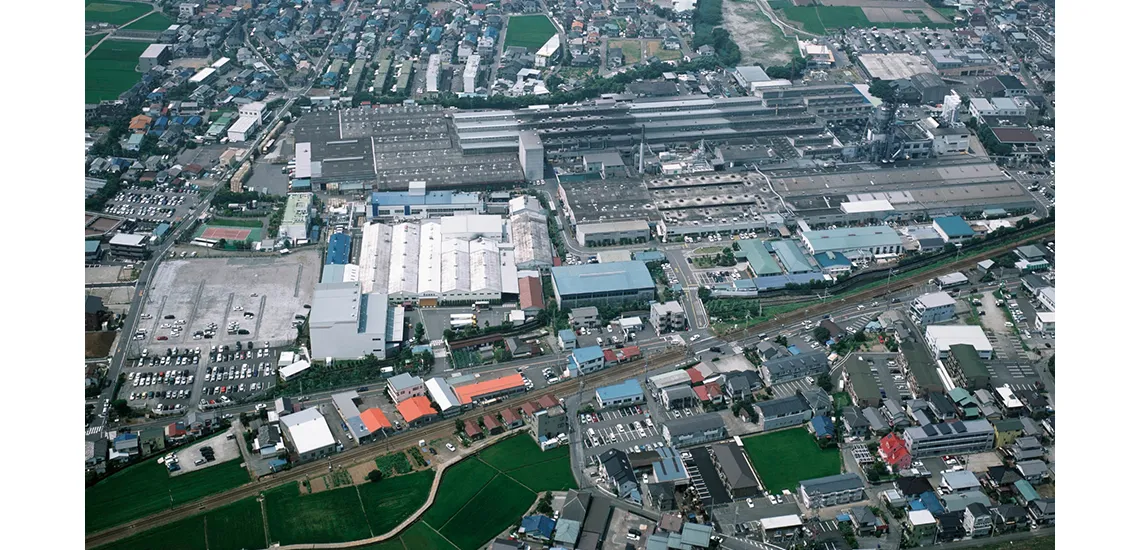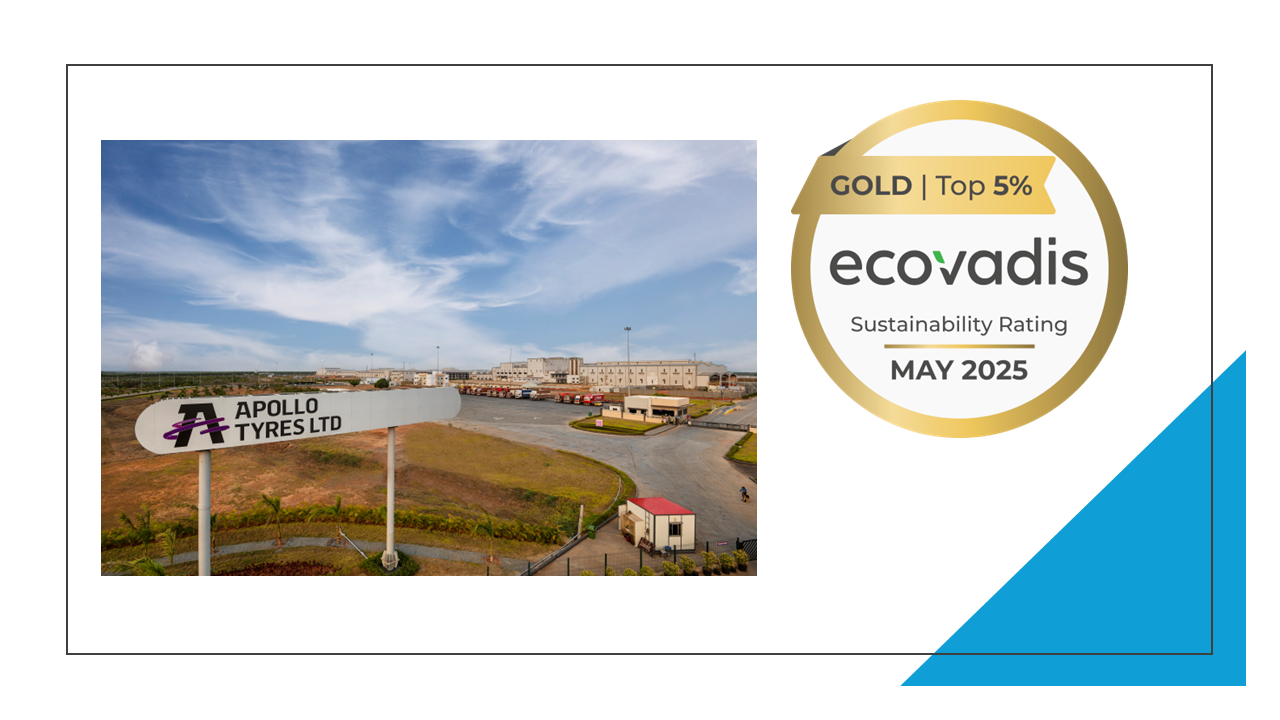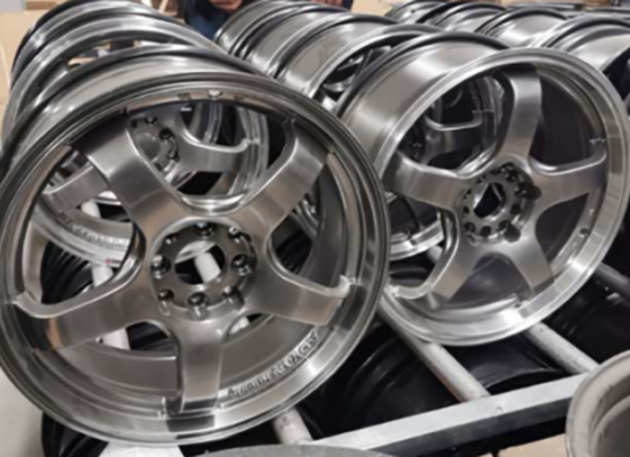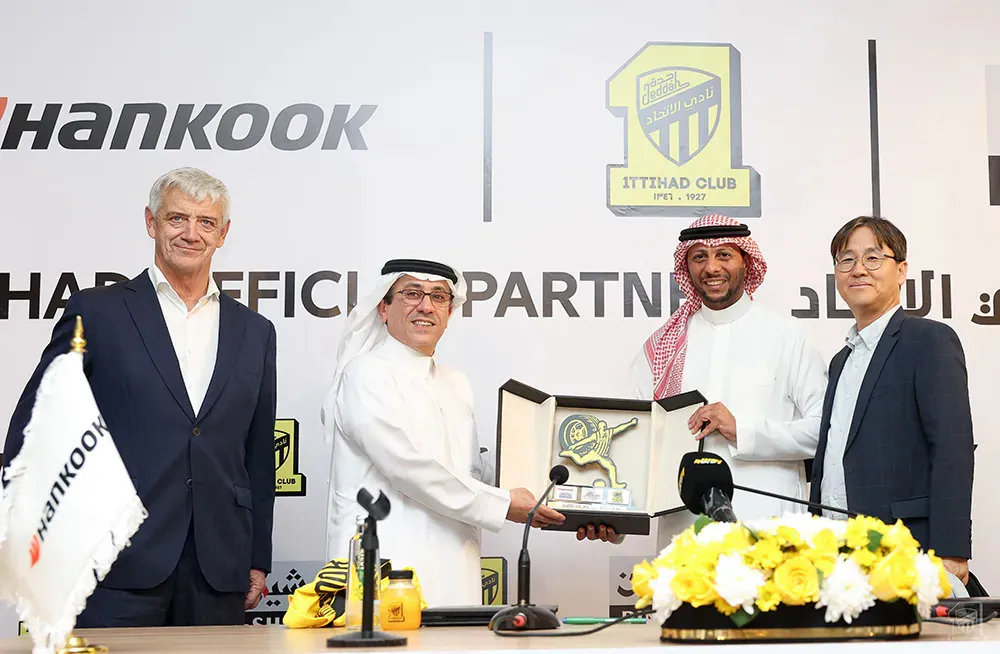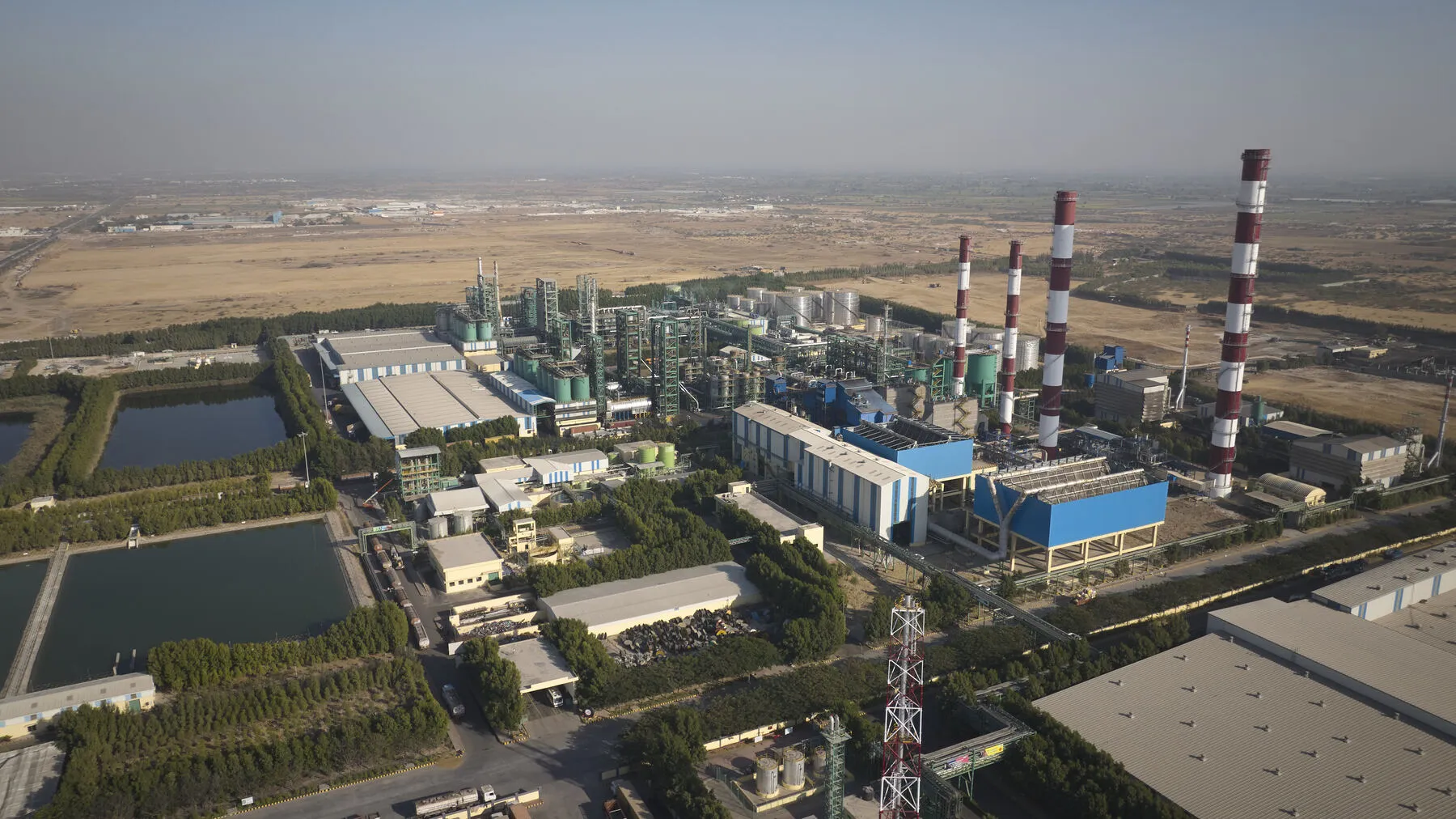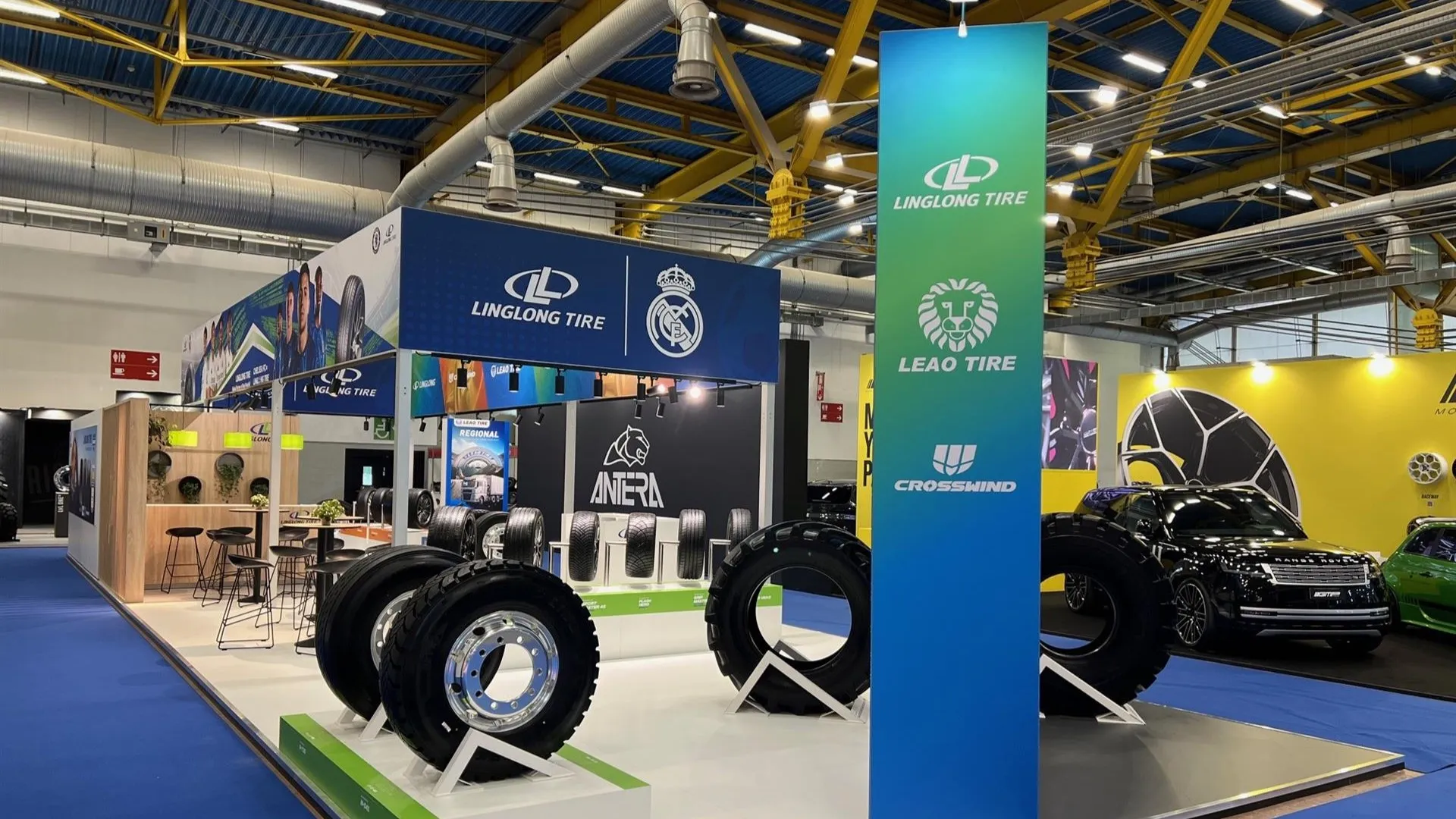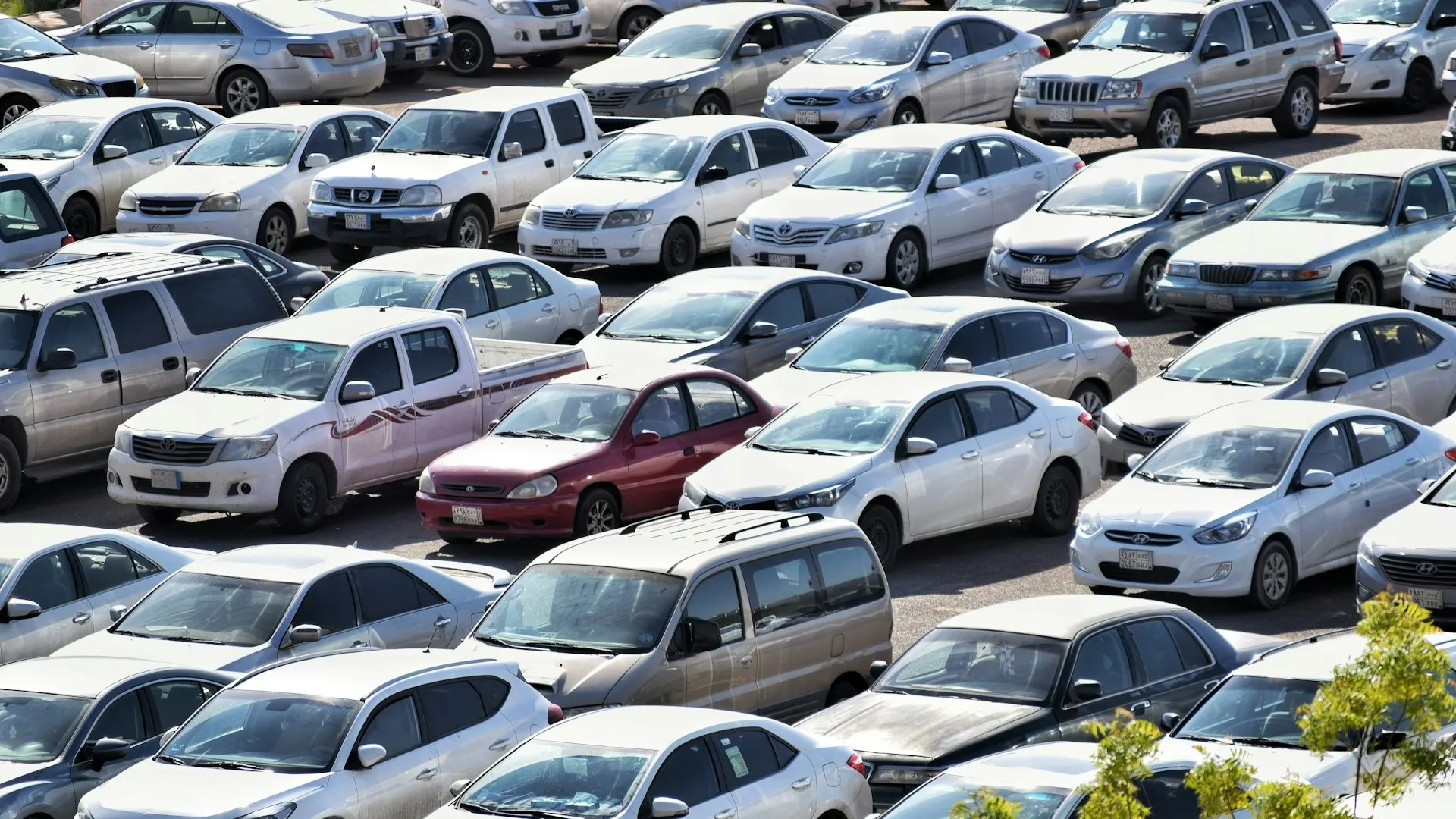The renewable-energy electricity used by Yokohama motorsports tyre production line in Mishima plant is to be derived 100% from renewable energy sources.
Yokohama Rubber Contributes to Carbon Neutrality in Motorsports Events
The Yokohama Rubber Co., Ltd has announced that the motorsports tyre production line at its Mishima Plant has shifted its use of electric power completely to renewable energy-generated electric power (hereafter, renewable-energy electricity) from January.
Tyres produced on this line will contribute to carbon neutrality in motorsports events held in Japan and around the w...
Yokohama Rubber Contributes to Carbon Neutrality in Motorsports Events
The Yokohama Rubber Co., Ltd has announced that the motorsports tyre production line at its Mishima Plant has shifted its use of electric power completely to renewable energy-generated electric power (hereafter, renewable-energy electricity) from January.
Tyres produced on this line will contribute to carbon neutrality in motorsports events held in Japan and around the w...

